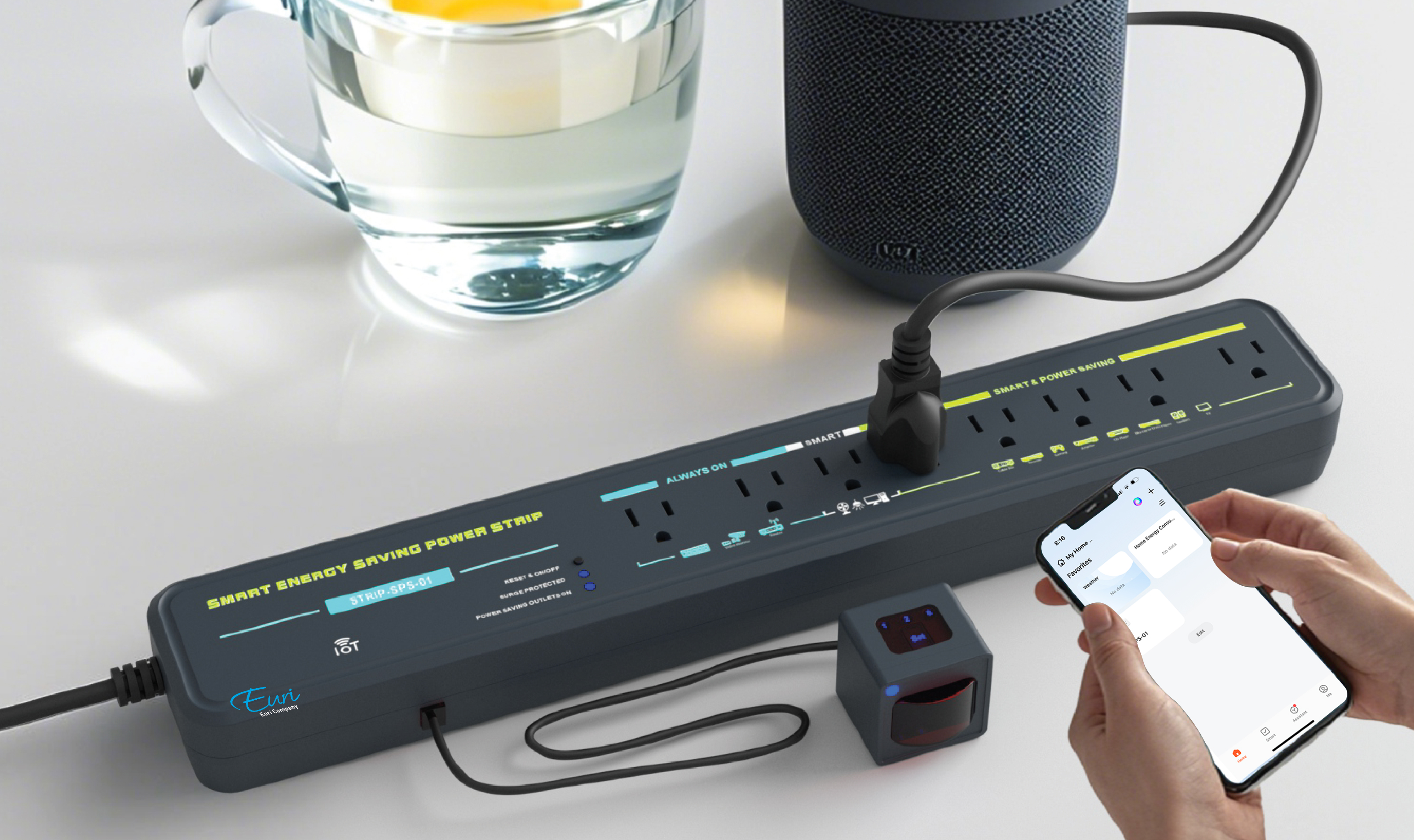Key Considerations When Purchasing EV Chargers: A Comprehensive Guide
Choosing the right EV charger requires careful consideration of various factors, including charging speed, compatibility, installation requirements, connectivity, durability, warranty, and cost. By evaluating these key considerations and prioritizing your specific requirements and preferences, you can select an EV charger that meets your needs and enhances your EV ownership experience. Investing in the right EV charging infrastructure not only facilitates convenient and efficient charging but also contributes to the widespread adoption of electric vehicles and the transition to a sustainable transportation future.

Key Considerations When Purchasing EV Chargers: A Comprehensive Guide
As electric vehicles (EVs) gain traction in the automotive market, the demand for efficient and reliable charging solutions is on the rise. Whether you're a homeowner looking to install a charger in your garage or a business owner considering EV infrastructure for your property, selecting the right EV charger is crucial. To help you navigate this decision-making process, here's a comprehensive guide outlining the key factors to consider when purchasing EV chargers.
1. Charging Speed and Power Output:
The charging speed of an EV charger determines how quickly your vehicle can recharge its battery. Consider your daily driving habits and charging needs to determine the optimal charging speed for your situation. Level 2 chargers typically offer moderate charging speeds suitable for overnight charging or extended parking, while Level 3 (DC fast) chargers provide rapid charging capabilities ideal for long-distance travel and high-demand scenarios.
2. Compatibility:
Ensure that the EV charger you choose is compatible with your vehicle's charging port. Most modern EVs in North America use the standard J1772 connector for Level 2 charging, but it's essential to verify compatibility with your specific make and model. For Level 3 charging, compatibility depends on the connector type used by your vehicle; most likely equipped with J1772 but NACS for Tesla. Furthermore, it is important to note that Level 3 charger will deliver much faster charging speed.
3. Installation Requirements:
Consider the installation requirements and costs associated with the EV charger. Level 2 chargers typically require a 240-volt AC power supply and may necessitate professional installation by a qualified electrician. Level 3 chargers, on the other hand, require specialized equipment and infrastructure, including high-powered transformers and cooling systems, which may involve more extensive installation procedures and higher costs.
4. Connectivity and Smart Features:
Look for EV chargers with connectivity and smart features that enhance user experience and functionality. Features such as Wi-Fi connectivity, mobile apps, and remote monitoring capabilities allow you to track charging status, schedule charging sessions, and receive notifications from anywhere, providing added convenience and control over your charging experience.
5. Durability and Weather Resistance:
Choose EV chargers built with durable materials and weather-resistant design to withstand outdoor elements and ensure long-term reliability. Look for chargers with ingress protection (IP) ratings indicating their resistance to dust and water, especially if you plan to install them in exposed outdoor locations.
6. Warranty and Support:
Check the warranty coverage and support services offered by the EV charger manufacturer or supplier. A robust warranty provides peace of mind and protection against potential defects or malfunctions, while responsive customer support ensures prompt assistance in case of any issues or concerns during installation or operation.
7. Cost and Value:
Consider the upfront cost of the EV charger, including equipment purchase, installation, and any additional accessories or services. Evaluate the overall value proposition, taking into account factors such as charging speed, features, durability, warranty coverage, and long-term operational costs, to make an informed decision that aligns with your budget and charging needs.
Conclusion:
Choosing the right EV charger requires careful consideration of various factors, including charging speed, compatibility, installation requirements, connectivity, durability, warranty, and cost. By evaluating these key considerations and prioritizing your specific requirements and preferences, you can select an EV charger that meets your needs and enhances your EV ownership experience. Investing in the right EV charging infrastructure not only facilitates convenient and efficient charging but also contributes to the widespread adoption of electric vehicles and the transition to a sustainable transportation future.




.jpg)
.jpg)




















































